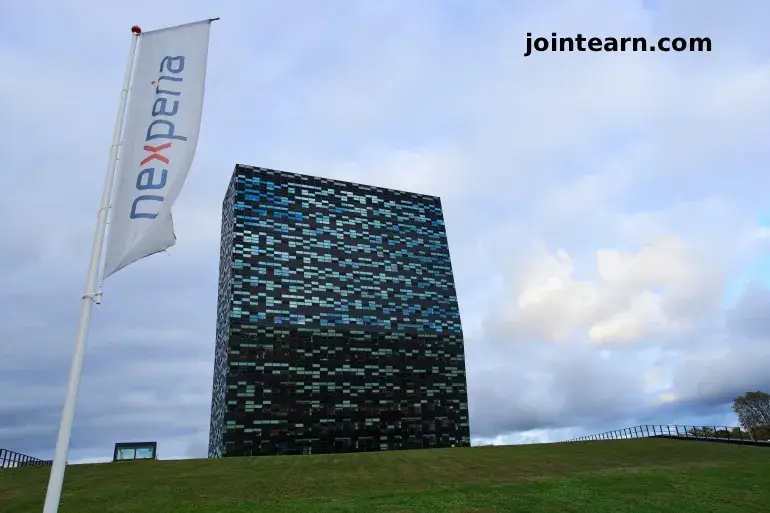
In a significant diplomatic and economic development, the Netherlands has decided to return control of the chipmaker Nexperia to its Chinese parent company, ending a standoff that had disrupted automotive supply chains across Europe.
Dutch Economic Affairs Minister Vincent Karremans confirmed on Wednesday that the government had suspended an order to seize control of Nexperia following “constructive” discussions with Chinese officials and consultations with European and international partners.
Dutch Government Seeks Constructive Dialogue
“We are positive about the measures already taken by the Chinese authorities to ensure the supply of chips to Europe and the rest of the world,” Minister Karremans stated. “We see this as a show of goodwill and will continue to engage in constructive dialogue with the Chinese authorities in the period ahead.”
The decision signals a softening of tensions between The Hague and Beijing, reflecting a careful balancing act between national security concerns and maintaining smooth global supply chains.
China Welcomes the Move
China’s Ministry of Commerce welcomed the Dutch decision as a “first step” but urged for the full revocation of the takeover order, labeling it the “root cause” of the recent supply chain disruptions. The ministry also criticized a recent Dutch court ruling that forced out Nexperia’s Chinese CEO, Zhang Xuezheng, over alleged mismanagement.
Expert Analysis on European Supply Chain Strategy
Jo Van Biesebroeck, economics professor at KU Leuven, noted that Europe’s strategy for managing China’s involvement in critical supply chains is still evolving.
“The Nexperia action was triggered by specific actions, and the main worry now seems to be diminished with the personnel change at Nexperia,” Biesebroeck said. “The Dutch government made clear how far it is willing to go, and it seems like China has met them halfway.”
Background: Dutch Takeover and Supply Chain Disruptions
The Dutch government took effective control of Nexperia, a Jiaxing-based Wingtech subsidiary, in late September, citing concerns that CEO Zhang could relocate manufacturing operations and intellectual property to China.
The move came amid warnings from the United States that Nexperia could be placed on a sanctions list unless the CEO was replaced, though Dutch officials insist the takeover was not influenced by Washington.
Beijing condemned the intervention under the Cold War-era Goods Availability Act, calling it “improper interference” and responding by blocking exports of some Nexperia products.
Impact on Automotive Industry
The takeover and subsequent export restrictions significantly disrupted European automotive supply chains. Japanese carmakers Honda and Nissan were forced to scale back production, while Germany’s Mercedes-Benz sought alternative chip suppliers to mitigate short-term shortages.
Earlier this month, Chinese authorities lifted the ban on Nexperia exports under a trade truce agreed upon by U.S. President Donald Trump and Chinese leader Xi Jinping in South Korea, helping stabilize global chip supplies.
Moving Forward: Balancing Security and Trade
The suspension of the takeover is being seen as a compromise between economic security and diplomatic relations, underscoring the complexity of managing foreign involvement in critical technology sectors. European nations continue to monitor Nexperia and other Chinese-owned tech firms as they develop strategies to safeguard semiconductor supply chains while maintaining trade partnerships.


Leave a Reply